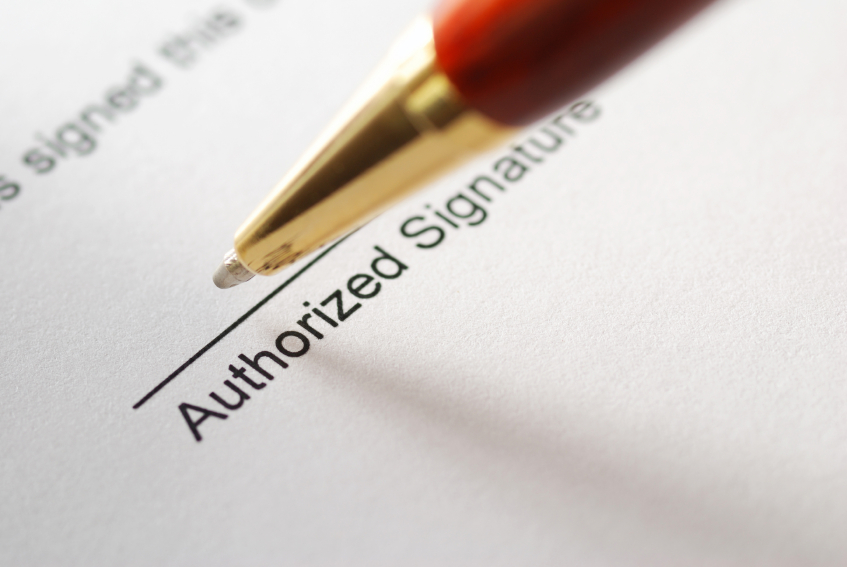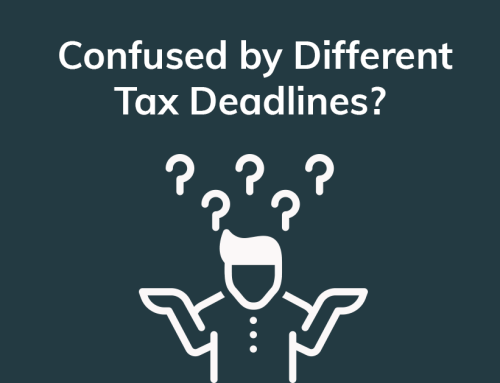As a freelancer, protecting yourself from bad contracts is more important than ever. Of course, contracts are a necessary part of business, however some are definitely better than others.
Interestingly, our friends across the pond are trying to do more to look after freelancers. Last year, members of New York City Council proposed a bill to create some stability in the lives of freelancers. If it passes, it will require clients to include a payment due date in a contract before the work begins, and secondly, the freelancer must be paid within 30 days of the completion of the project.
 There are steps you can take to protect yourself against bad contracts and dodgy deals. Here are a few essentials:
There are steps you can take to protect yourself against bad contracts and dodgy deals. Here are a few essentials:
1) Put your investigative hat on
Try to do as much research about a new potential client as possible. Firstly, check out how ‘public’ they are and what people are saying about them (on social media, for example). You could also do a Google News search and see whether they’ve been featured in any respectable publications. Finally, look at how easy it is to get hold of people who work there and see how open they are about answering your questions. You could even ask for references from previous contractors if it will put your mind at ease (and potentially save you from the burn of a bad contract!)
2) Get everything in writing
Remember that contracts protect both the freelancer and the client. Not only that, they give either party something to fall back on if things go wrong and they also help to steer the relationship in the right direction. No matter how big or small the project is, a good contract will set expectations, as well as payment terms. Using contracts has another advantage too, as they will make you appear more professional as a freelancer.
3) Don’t fear negotiation
Money can be an awkward subject and pay negotiations are a side of freelancing that many people dread, but clear discussions with a potential client can help you determine whether you’re at risk of wasting your time with a dodgy contract. Before negotiating pay, research industry-standard rates for the job. If you believe the job is worth more than the client states, say so and stick to your guns – don’t be afraid to say no if the rate is not up to scratch.

4) Be wary of speculative work
It is common for freelancers, especially those new to the industry, to take on every single piece of work in order to land those vital first clients. But be aware of those clients who say they’re looking to see what you can do, when really they’re looking for free work. The best clients are those that will take the time to look at your previous work, and judge your abilities for their project from your portfolio, skills and experience.
5) Upfront terms and payments are key
Asking for an upfront payment of around 30-50% (depending on the scale of the project) is not unreasonable. If a client refuses to do this under any circumstances, then alarm bells should ring – there is a good chance you will do your job and they will find an excuse to not pay you. Of course, there are exceptions; the client, on the other hand, might have had bad experiences with freelancers in the past, or maybe it is their standard procedure to pay after delivery of the finished project.

When it comes to new projects and new clients, always look out for any red flags – this relies on intuition and personal experiences. If the potential client displays negative characteristics, for example, rudeness, lack of respect and poor communication skills, then the chances of you building a good working relationship with them is slim. Always trust your gut instinct and, if you are not sure, speak to the experts. We have 14 years’ experience working with contractors and their limited company, so get in touch online or at 0800 195 3750 to talk with the team. We’re always happy to help.
















